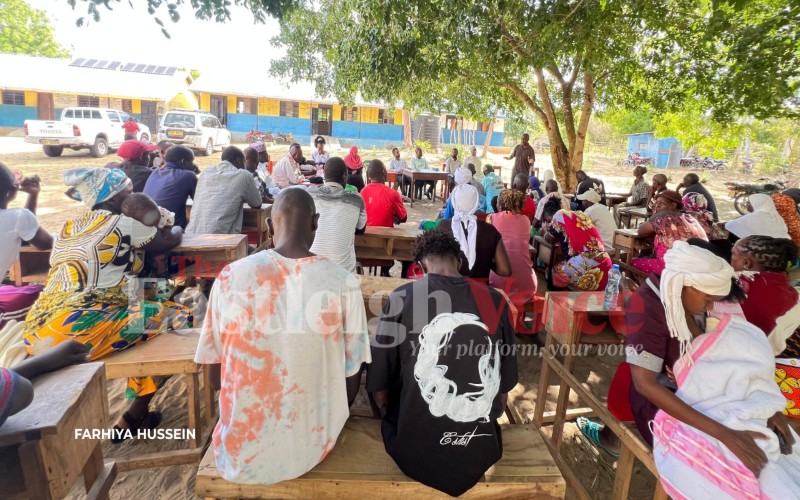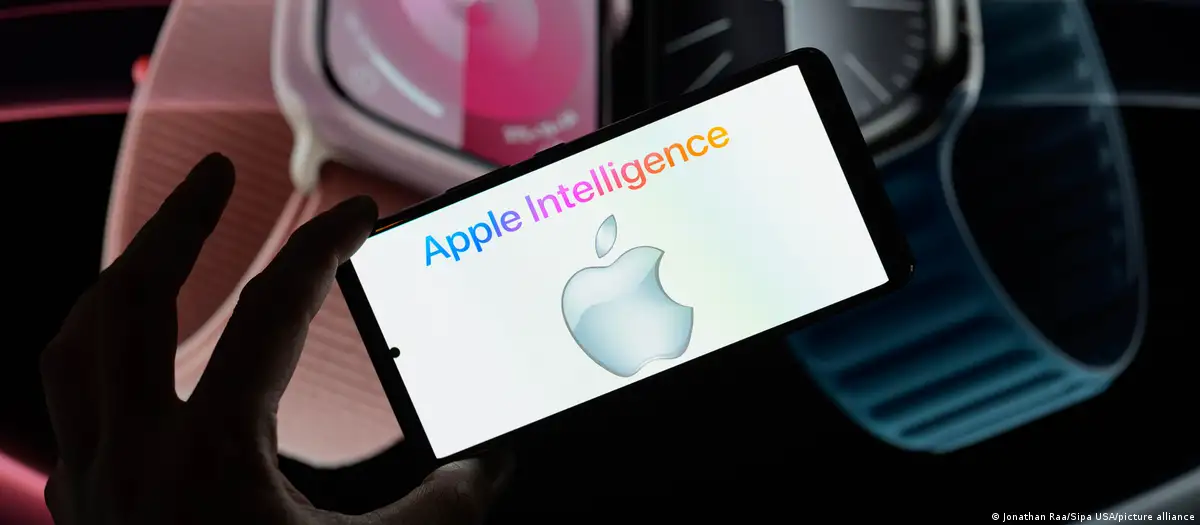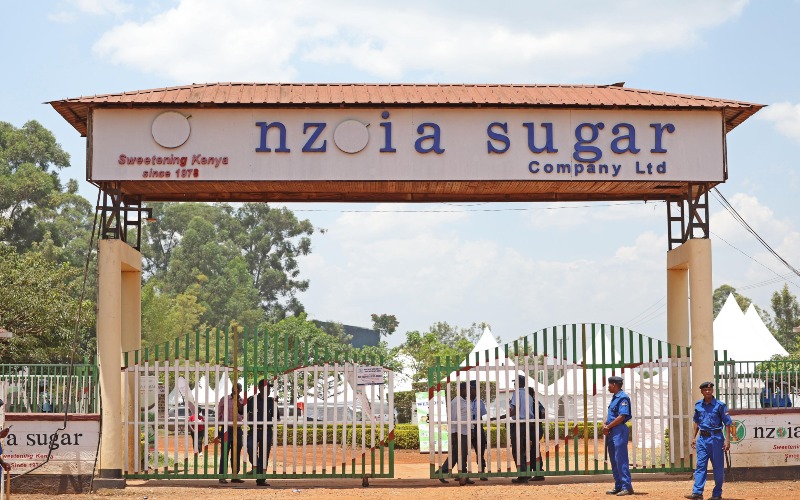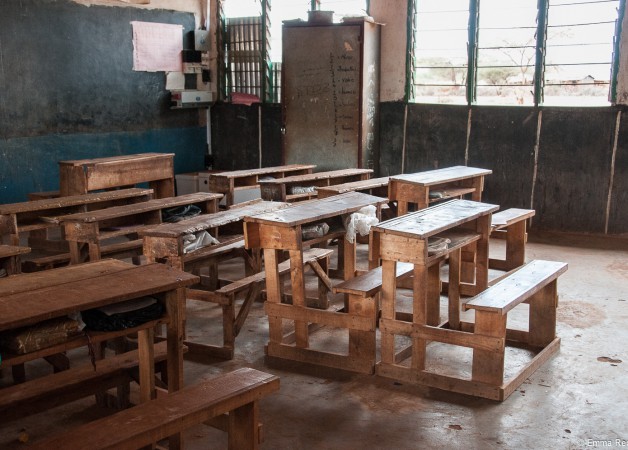Government to use new AI system in placement of Grade 9 students to senior schools
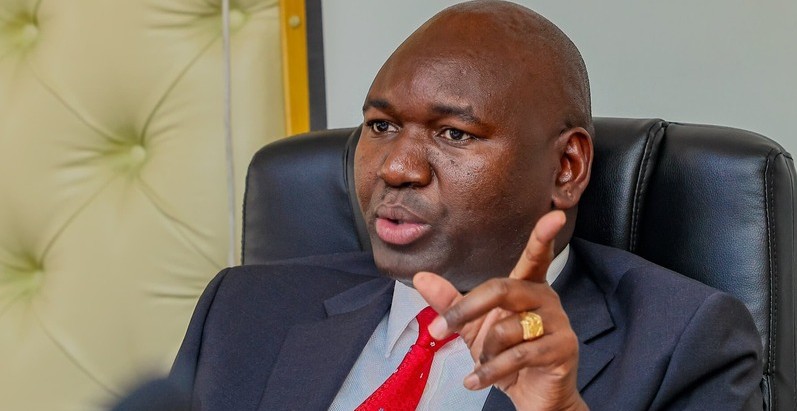
The AI-driven system is designed to promote equity and fairness by ensuring that all learners, regardless of their location, get equal chances of joining top institutions.
The government has developed a new digital system that will use Artificial Intelligence (AI) to guide the transition of Grade Nine learners to senior school, marking a major step in the rollout of the Competency-Based Education (CBE) system.
According to Basic Education Principal Secretary Julius Bitok, the model, currently being piloted, will determine how 1.13 million Grade Nine learners, who will sit the Kenya Junior School Education Assessment (KJSEA) from Monday, are allocated schools in January.
More To Read
- Apple names new AI chief amid pressure to catch up
- Rights experts sound alarm on AI’s potential to target activists, undermine electoral integrity
- ChatGPT, Copilot forced off WhatsApp as Meta enforces new AI restrictions
- Anthropic launches Claude Opus 4.5, its most advanced AI yet
- Over 30,000 teachers set for senior school curriculum training ahead of 2026 transition
- X introduces transparency tool to curb bots and impersonation
The AI-driven system is designed to promote equity and fairness by ensuring that all learners, regardless of their location, get equal chances of joining top institutions.
“This will ensure distribution of learners to these schools is fair,” Bitok said as quoted by Daily Nation.
He explained that Cluster One schools, currently known as national schools, will be allocated learners from all 47 counties to promote inclusivity and balance.
Kenya has more than 100 such institutions, which are often highly competitive because of their superior infrastructure and facilities.
The PS added that learners will be placed based on their performance and the career pathways they selected, social sciences, arts and sports, or science, technology, engineering, and mathematics (STEM). Cluster One schools will offer all three pathways due to their capacity and resources.
Under the new model, schools are grouped into four clusters: Cluster One (national), Cluster Two (extra-county), Cluster Three (county), and Cluster Four (day or sub-county schools).
“A learner from Mandera County can secure a place in Kisumu, or one from Mombasa can join a school in Nairobi, in the spirit of national cohesion,” Bitok said.
Placement will be based on cumulative assessment results, combining 20 per cent from the Kenya Primary School Education Assessment (KPSEA) at Grade Six, 20 per cent from Grades Seven and Eight school-based evaluations, and 60 per cent from the final KJSEA exam.
Bitok said the transition is well prepared, with available capacity exceeding demand. The country currently has about 2.4 million Grade 10 spaces against 1.13 million learners expected to move to senior school.
He added that the government has invested in laboratories to ensure quality STEM learning, noting that 60 per cent of public schools will offer the pathway.
“We will ensure every student accesses quality education as we work to integrate private schools, many of which have invested heavily in infrastructure,” he said.
Each of the 9,350 public secondary schools will offer at least two career pathways.
The ministry is also working to include private schools in the digital selection system, giving learners the freedom to select institutions of their choice
“Learners interested in joining private schools should be given a chance and select the institutions. There are 2.4 million places in Grade 10 and 1.13 million children graduating from junior school,” Bitok said.
To allow flexibility, the government will open a one-week revision period for learners to review their school choices once results are released, similar to the Kenya Universities and Colleges Central Placement Service process.
“When the assessment results are out, we will give a chance to Grade Nine learners to revise their choices. The children have selected schools, but some institutions have not been chosen. With AI, the ministry should be able to do permutations and ensure every learner is placed in senior school,” Bitok said.
He expressed confidence that the digital system would guarantee fairness and national cohesion, ensuring every student who qualifies has an opportunity to progress to senior school.
Top Stories Today








